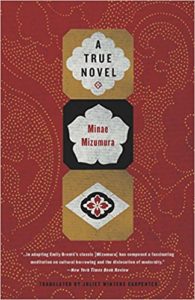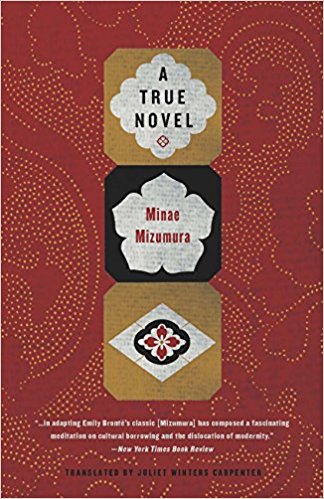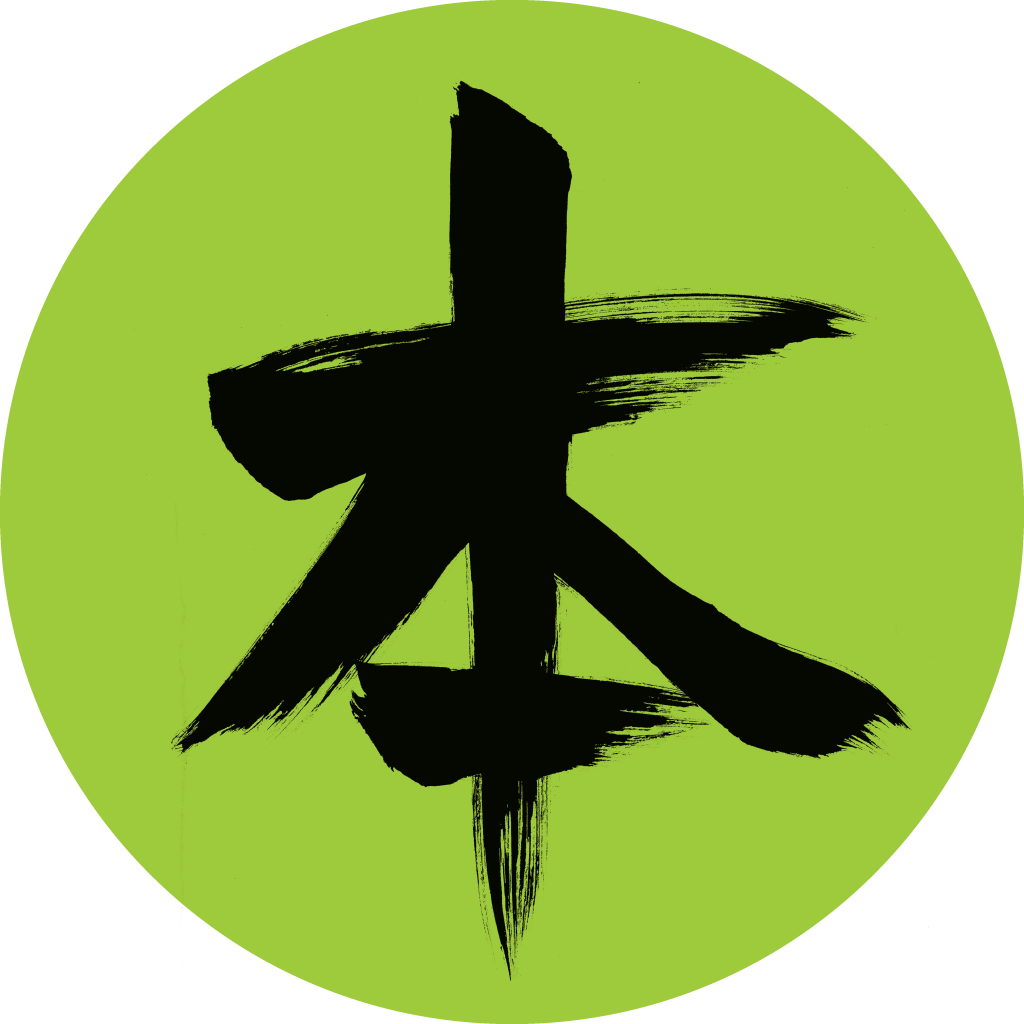

Support BOA by ordering A True Novel through these links:
Amazon Japan
Thanks for helping support Books on Asia!

From the Preface by Minae Mizumura:
To be a novelist by occupation or a novelist by calling — these are two different things.
In the course of our lives, we are asked to fill out a surprising number of forms: embarkation and disembarkation cards, DVD rental membership applications, requests for credit cards. These forms typically come with blank lines on which one is expected to write one’s “Name,” “Date of birth, ” “Address” — and “Occupation.” Faced with the line marked “Occupation,” I always hesitate. Obviously, I can easily write down “novelist,” but the word “Occupation” reminds me that I have published only two novels so far and that the royalties aren’t enough for me to make ends meet. As I scribble “Self–employed” in the blank space — embarrassed by my handwriting, which is a mess, not that anybody cares nowadays — I wonder if I’ll ever be able to claim to be a “novelist” with a clear conscience. I can only imagine how gratifying it would be if I could actually earn my living writing novels.
But such ambition merely concerns “occupation” — the business side of writing. It is fundamentally no different from that of, say, someone opening a small laundry downtown, worried about the future of his fledgling business. Anyone who somehow has to make a living shares this worry, yet for people who write novels it isn’t what matters most; in their case, one “calling” matters more.
Let’s say in ten years time I have written numerous novels and I’m doing quite well for myself. I doubt the day will ever come, but let’s just suppose that it does. Would I then be satisfied? No, I don’t think so. Most likely, I would still want to know if it was my mission on earth to become a novelist. However prosaic a writer’s work or person may be, a writer is also an artist, and every artist must ask himself whether he was born to do what he does, rather than whether he can live by doing it. Behind the perennial — indeed obsessive — need to believe that in some mysterious way one is destined to be an artist. A novelist is particularly prone to this concern. To become a painter, a dancer, or a musician, two things are necessary: an apparent gift and hard training. In contrast, nothing seems easier than becoming a writer. Anyone can string a few sentences together and turn out a novel practically overnight. Who becomes a novelist and who does not seems almost arbitrary. Hence the strong desire to hear every sounding voice from on high telling one that one was indeed destined to write.
A miracle happened to me two years ago.
It was when I was staying in Palo Alto in north in northern California, writing my third novel, or, more precisely, trying to write it. I lacked confidence, and progress was slow. Then, out of the blue, I was made a gift of a story, “a story just like a novel.” It concerned a man whom I knew, or rather whom my family knew, in New York at one time. This was no ordinary man. Leaving Japan with nothing, he arrived in the United States and made a fortune there, literally realizing the American dream. His life had taken on the status of legend among Japanese communities in New York — yet no one knew that he had had another life back in Japan, one marked by the poverty-stricken period that followed World War II. The tale of that life would almost certainly have disappeared, lost in the stream of time, if a young Japanese man who happened to hear it had not then crossed the Pacific and hand-delivered it to me in Palo Alto, like a precious offering. Of course the preciousness of his offering was something the young man never knew. As far as he could tell, he merely traveled on his own initiative, sought me out of his own accord, then went away when he told the story he wanted to tell. Yet I felt as if some invisible power had arranged to bring this messenger to me.
He took all night to tell me the story. Outside, the heaviest rainstorm in California for decades raged, trapping us in the house. The angry power of nature must have affected my nerves: when he had finished, I was in shock. It felt uncanny that I should have known someone who had lived such a life — and that, by a strange series of coincidences, his tale should have been delivered to me, and me alone.
It felt like a voice from on high.
The real problems started afterward. My doubts about my “calling” had been delayed, only to be replaced by the difficulties inherent in writing a modern novel in Japanese based on the story I’ve been given. For reasons that will become apparent later, the initial elation that accompanied what came almost as a revelation and did not last. As I went on writing, I felt daunted, afraid that this novel was something I shouldn’t be writing after all, and half convinced that the attempt would fail. But once the novel started to take shape, I came to realize none of this mattered; that what I would leave behind was only a small boat on a vast ocean of literature. And with this realization I reached the point where I felt at ease with my work.
If this novel finds any readers, I shall feel blessed.
About the Author:
About the Translator: Juliet Winters Carpenter is a professor of English literature at Doshisha Women’s College of Liberal Arts and one of the foremost translators of Japanese literature working today. Her translations include Kobo Abe’s “Beyond the Curve,” Fumiko Enchi’s “Masks,” Ryotaro Shiba’s “The Last Shogun,” Jun’ichi Watanabe’s “A Lost Paradise,” and Machi Tawara’s “Salad Anniversary.” See Hon Podcast 03: Juliet Winters Carpenter Talks About Translating Japanese Literature.
